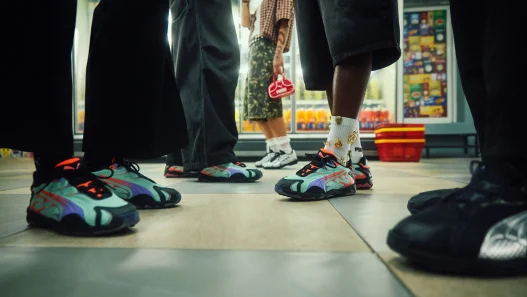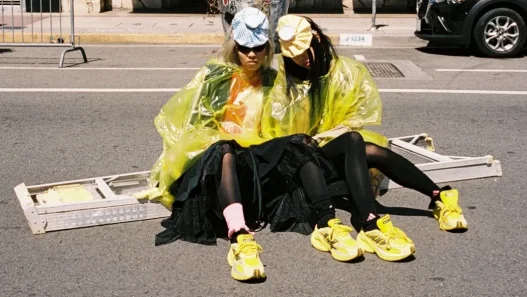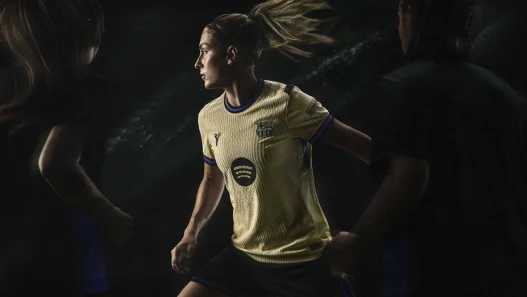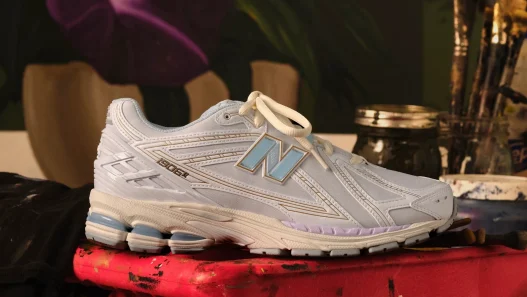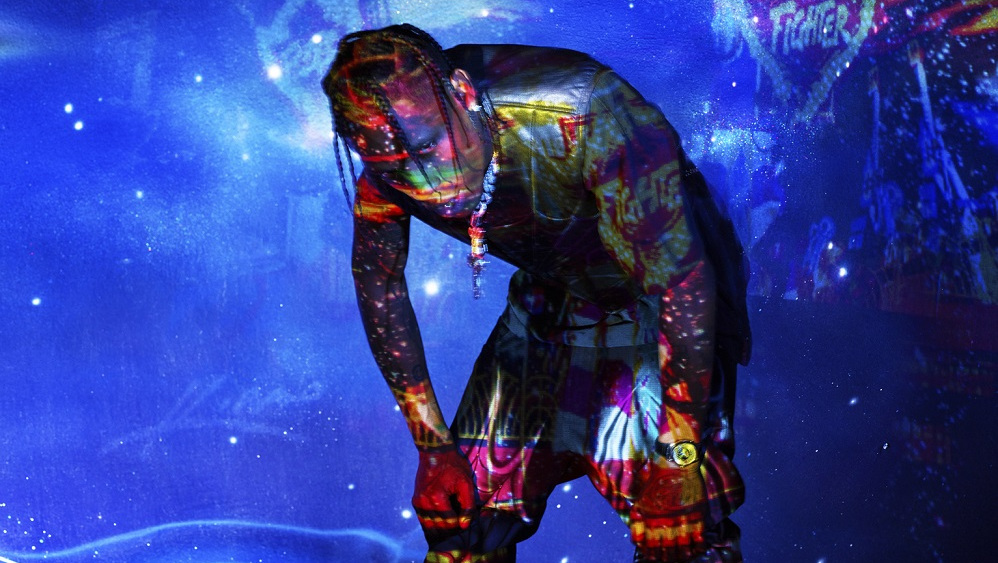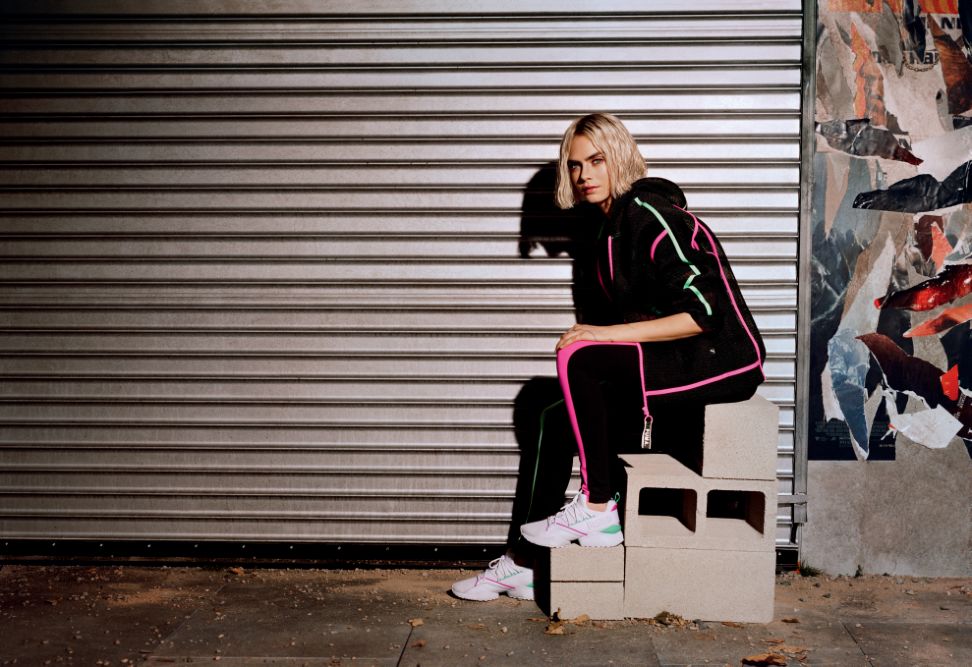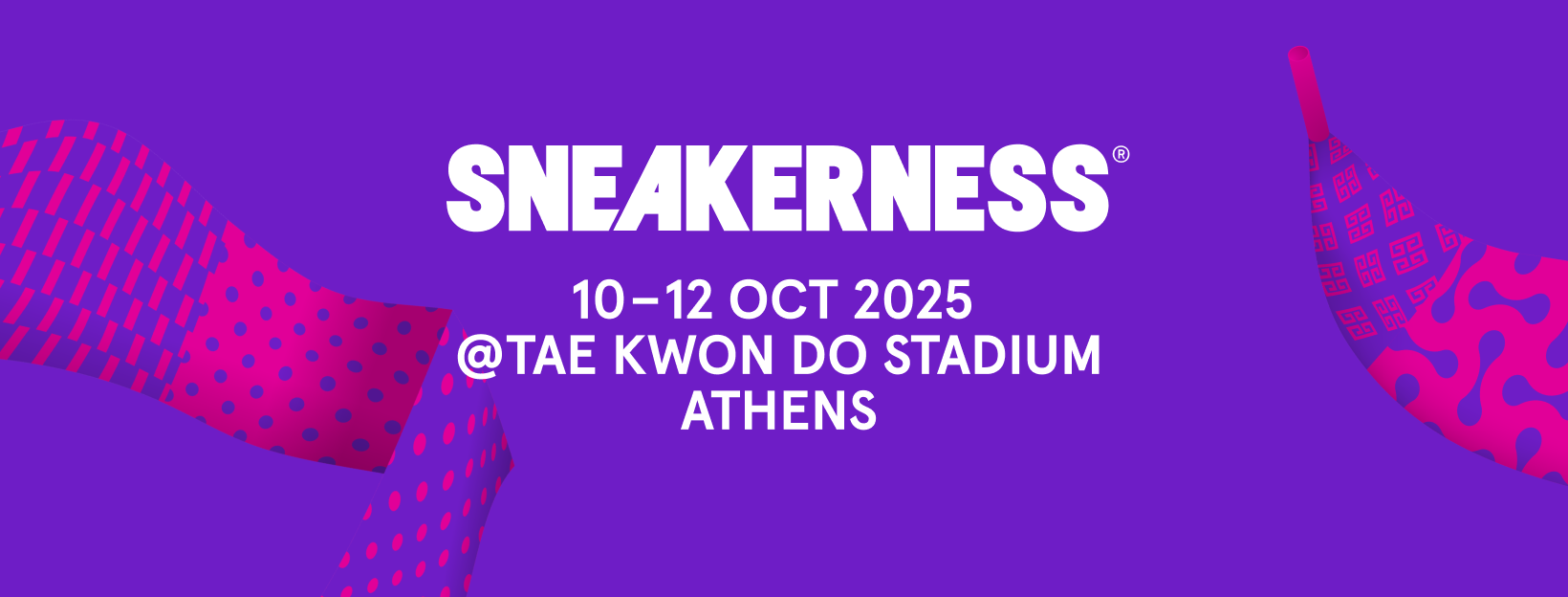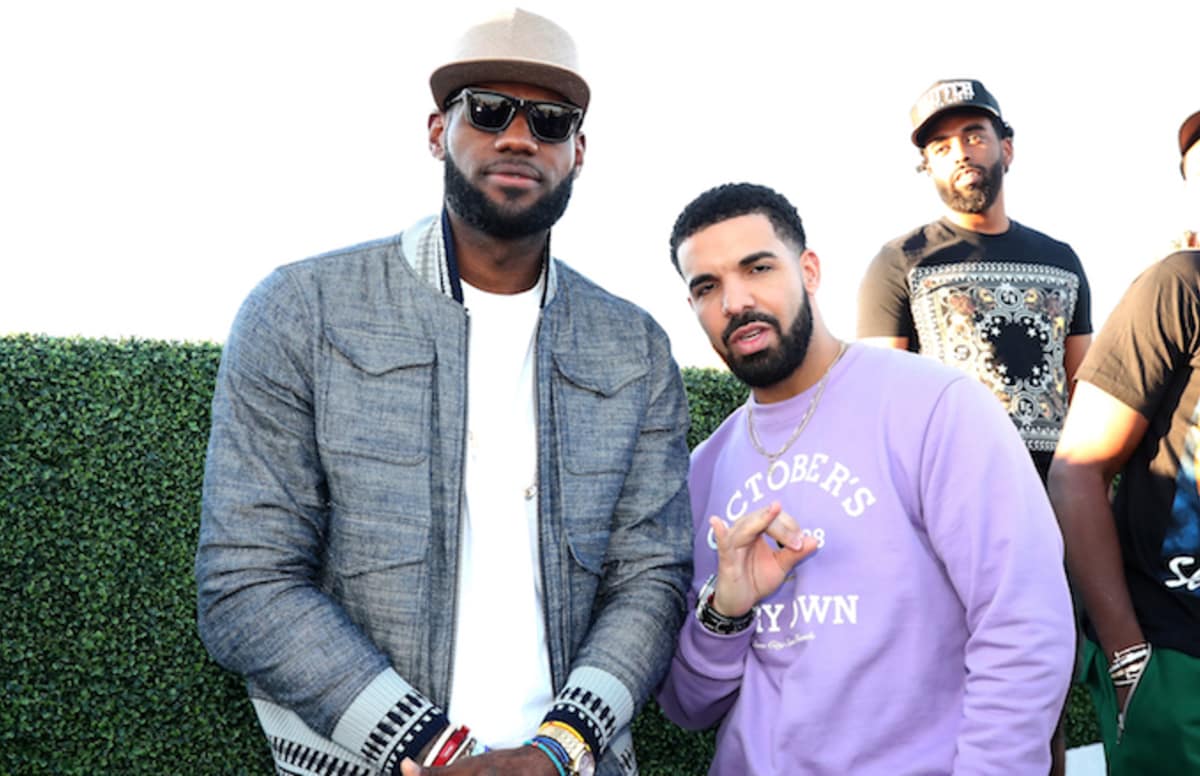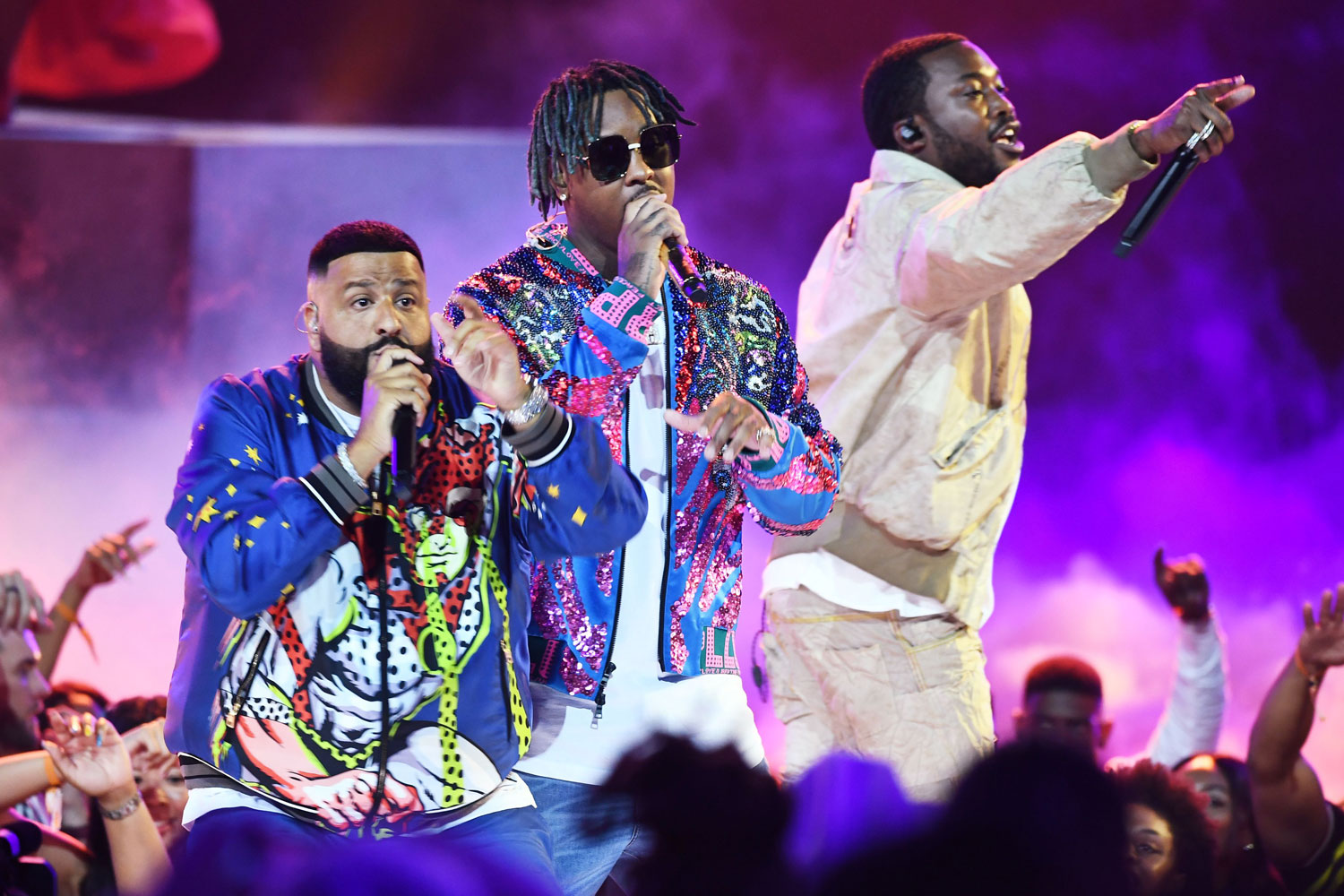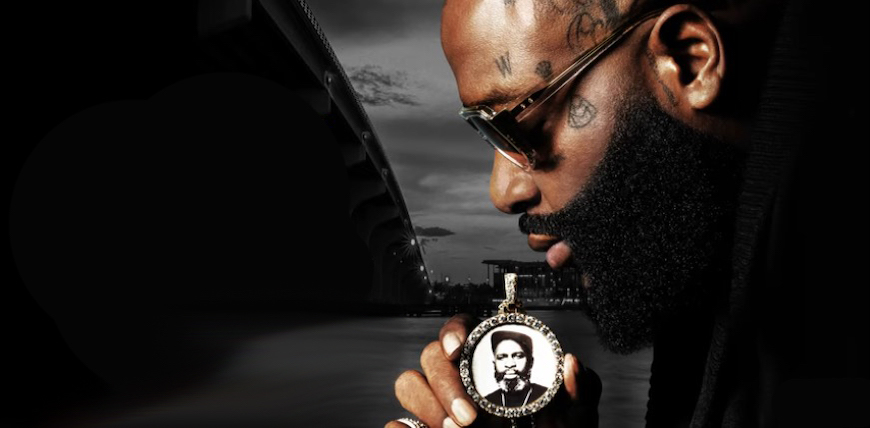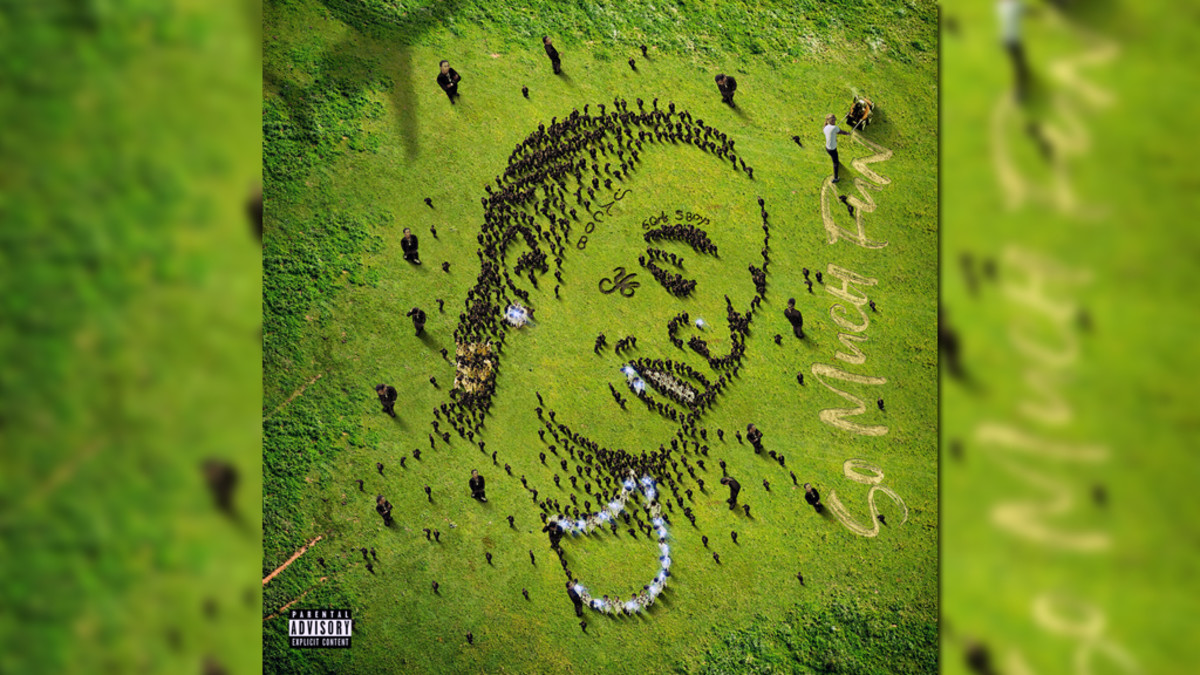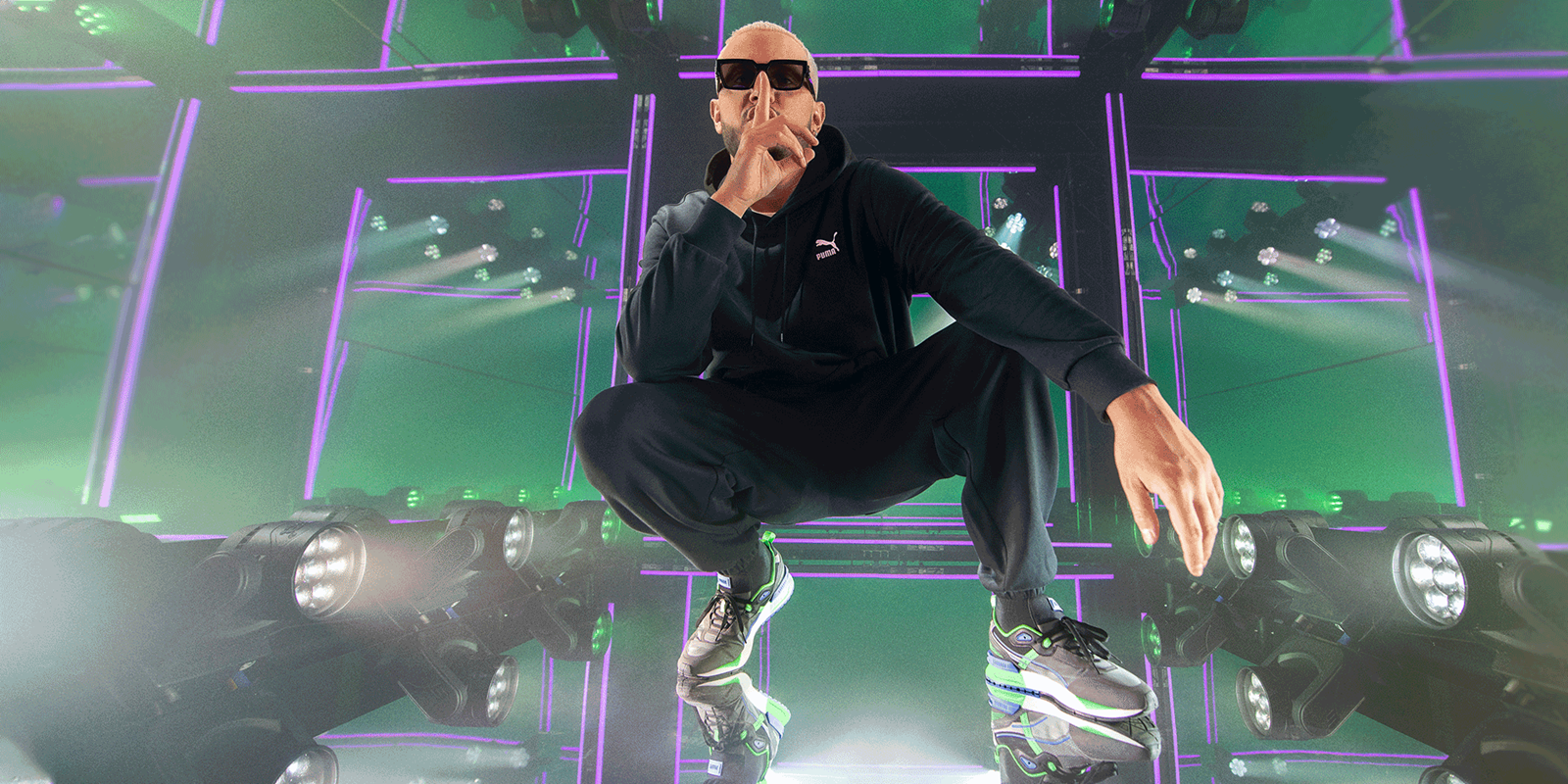Travis Scott’s third album is inarguably his strongest to date. His skill as a curator helps sculpt a sticky, humid, psychedelic world with dazzling production and odd pleasures at every turn.
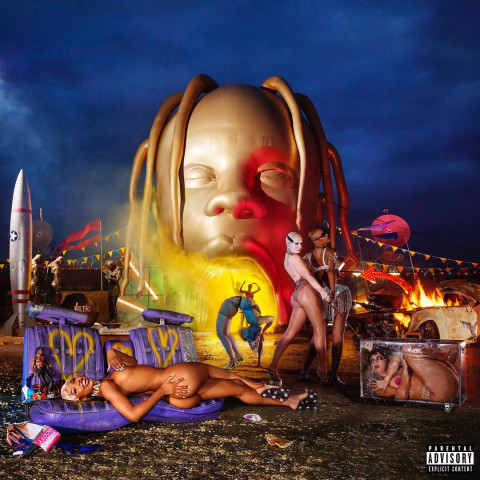
“Who put this shit together? I’m the glue” declares Travis Scott on Astroworld, and it’s hard to think of a more accurate summation of his aesthetic approach. The 26-year-old is an avatar for a generation of playlist-making curators who have positively embraced “creative” as a job title. He’s risen to mainstream rap prominence by way of pure tastemaking, exerting the au courant currency of borrowing exactly the right talent at exactly the right time since the hybrid hip-hop of his 2015 debut, Rodeo. Depending on a variety of factors—age, genre predilections, level of active investment in the myriad intersections between popular culture and social media—Scott’s artistic approach can come across as inspiring or infuriating, but it’s also proved undoubtedly successful.
He’s wielded his own influence over areas of pop culture—Drake’s 2017 “playlist” More Life was arguably as influenced by Scott’s revolving-door A&R approach as it was by the evolving fluidity of the album format—even as he remains indebted to mentor Kanye West, whose titanic 2013 album Yeezus (to which Scott contributed) was its own ultra-collaborative, cut-and-paste monster. If Yeezus embraced by-committee creativity as a means to an end, Scott has taken it several steps further by allowing such an ethos to define his very artistic being. This has, of course, made him a divisive figure in hip-hop circles and elsewhere. A 2015 Deadspin post titled “Travis Scott Is Worse Than Iggy Azalea” made the case for Scott as a canny cultural plagiarist—a notion that became somewhat more fortified the following year, when he was accused of essentially stealing the framework for the Young Thug and Quavo collaboration “Pick Up the Phone” from Thug himself.
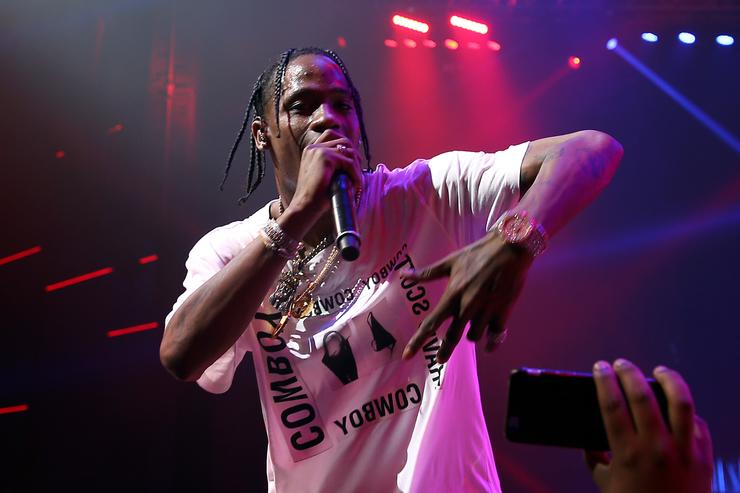
The album that song appeared on, 2016’s Birds in the Trap Sing McKnight, captured Scott in the process of refining the rougher edges of his sound, with bolder hooks and a slow tilt towards streamlined song structures. But last year’s full-length collab with Migos member Quavo, Huncho Jack, Jack Huncho, felt driftless and tossed-off by comparison, suggesting a weird paradox embedded in his career thus far: For someone so reliant on others to properly perfume his own work, Scott seems to be most engaged when he’s able to solely take credit for it.
Such is the case with Astroworld, unquestionably his strongest release to date. The album takes its name from a since-shuttered amusement park in his hometown of Houston and often resembles a humid day spent at a carnival: sticky, sweet, bustling with activity, and packed with cheap thrills that still feel a tad overpriced. As far as trippy-sounding hip-hop goes, Scott is operating at something of a gold standard here, out-hallucinating fellow stylist A$AP Rocky’s own recent blotter-blotted efforts. “Psychedelics got me goin’ crazy,” he lolls over the spooky and beautiful “Stargazing,” his voice sounding like a sentient iTunes visualizer as he nods to Houston legend Big Moe and shouts out Ellen DeGeneres. It’s the epitome of the Travis Scott experience.
Featuring a coterie of guest stars representing pop’s upper echelon (Drake, the Weeknd, Frank Ocean), big-ticket indie’s creative brain trust (Tame Impala’s Kevin Parker, James Blake), and newest-wave rappers (Gunna, Sheck Wes, Juice WRLD), Astroworld also boasts the most potent production of Scott’s musical life so far. “Astrothunder” ripples with contributions from Thundercat and John Mayer, the former dialing back his frenetic jazz-funk to a percolating crawl, while “Stop Trying to Be God” plays host to the record’s most involved vocal take from Scott, with wistful harmonica lines (courtesy of Stevie Wonder) and swirling keys surrounding his voice. The album is dotted with sonic intricacies throughout—fluttering guitar lines, showy samples (the deathless hook of Uncle Luke’s “I Wanna Rock (Doo Doo Brown)” on “Sicko Mode”), enough gooey synths to fill a share-sized Milky Way—providing a Magic Eye-level of texture: It might all seem the same from afar, but blur your perspective just enough and the details reveal themselves.
The lovely “R.I.P. Screw” and the haunted-house dirge “5% Tint” were both handled by frequent Scott collaborator FKi 1st, who is also known for his work alongside pop’s unlikely megastar-of-the-moment, Post Malone. It’s tempting to draw parallels between Malone and Scott: Both are hotly contested figures in or adjacent to rap who possess massive young audiences and occasionally dabble in sounds associated with nascent early-2010s indie trends like witch house and chillwave.
But regardless of how you feel about him, Malone is an unmistakable presence on his songs, his otherworldly croon an essential element to his genre-hopping sound. Despite the considerable leaps in quality taken on Astroworld, it still doesn’t feel like Scott can muster that level of individuality. The fact that Drake’s verse on “Sicko Mode” (leagues better than most of his own turgid recent album Scorpion) has proved the most meme-able and headline-grabbingAstroworld moment speaks volumes about Drake’s too-big-to-fail pop dominance and Scott’s ability to get overshadowed on even his strongest tracks.
Elsewhere, the blurred line between drawing from influence and straight-up facsimile continues to nip at Scott’s heels, as he borrows from Kanye’s worst lyrical impulses throughout, at one point positing over the toy-piano kaleidoscope-pop of “Skeletons”: “If you take your girl out, do you expect sex?/If she take her titties out, do you expect checks?” Kanye’s influence carries through to the very end of Astroworld with closing track “Coffee Bean,” a rumination with dusty production courtesy of Nineteen85 that strongly mirrors the sound and flow of The Life of Pablo’s similarly downbeat, soul-searching “30 Hours.” (Placing this uncharacteristically personal track at the album’s very end also yet again elicits visions of Drake, who’s often saved the most diaristic moments for his projects’ finalmoments.)
It’s on “Coffee Bean” that Scott reflects on his recent and seemingly unexpected parenthood with Kylie Jenner, obliquely addressing his complicated feelings on the matter: “Your family told you I’m a bad move/Plus, I’m already a black dude.” It’s a fascinating, somewhat jarring moment of introspection on an album where Scott is otherwise content—intentionally or not—to play ringmaster to his neon-decayed circus of sound rather than become the main attraction.
Via :PF


